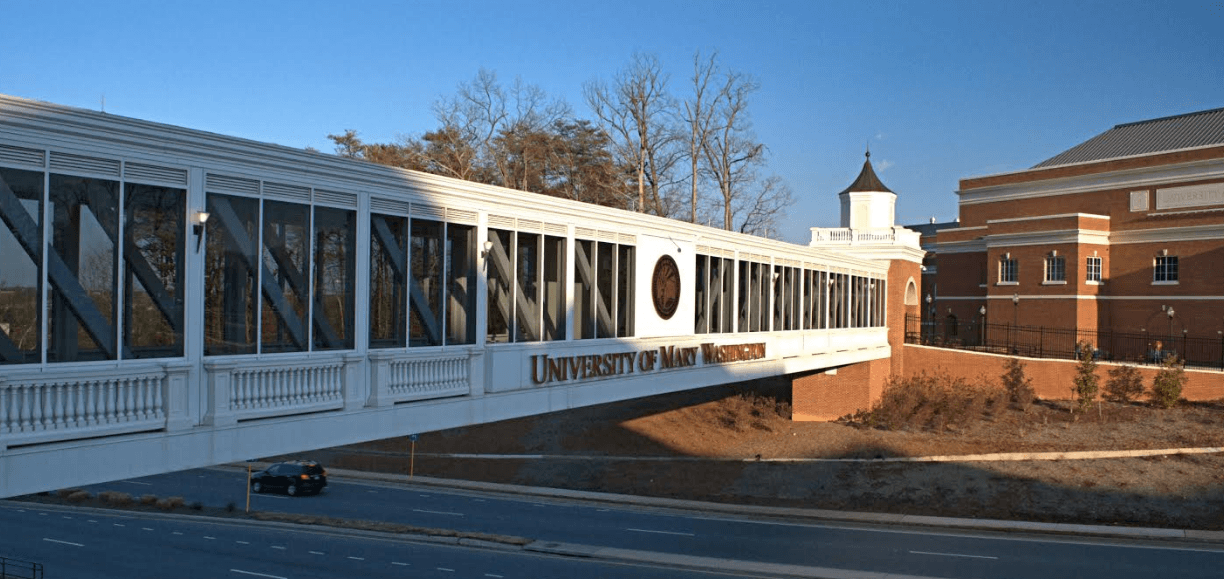University of Mary Washington… or Mary Washington University? Student says names should not be based in elitism
3 min read
Aquilas2011 | Flickr.
By KATE SELTZER
Staff Writer
In the 1980s, a debate over a possible name change for the University of Mary Washington surged through campus, with students, faculty, alumni and city council members weighing in. Eventually, those that supported keeping the name, Mary Washington College, won out. In the early 2000s, a similar controversy arose as the school contemplated expanding to university status. Although it was probably well-intentioned, the ultimate decision to rechristen our dear alma mater the “University of Mary Washington” was the wrong one.
To be clear, there’s nothing wrong with Mary Washington, as a person or namesake. The problem, rather, lies with the decision to preface the title with “University of.” It was Martin Wilder, then Vice President of Admissions and an influential member of the committee appointed to evaluate the name change, who began the process in making this decision.
For awhile, it looked like the new name would be the widely-favored Mary Washington University. Wilder, however, pushed for University of Mary Washington.
He said that UMW had “a ring of prestige,” that would “[put] us in the category of the University of Virginia and the University of Richmond… as opposed to those who have simply tacked ‘University’ on the end – like Longwood University, Hollins University, Radford University, Christopher Newport University.” Wilder went on to say that he would rather be seen “in that other orbit,” referring to UVA and UofR.
This logic is flawed for a couple of reasons. First of all, this is an oddly elitist stance to take. If the college was, as it claims, trying to appeal to a wider base of potential students and drum up its prestige and reputation, alienating specific schools in the state won’t help.
With a mostly in-state population, it seems reasonable to conclude that many potential applicants have relatives or friends who have studied or are studying at schools such as Longwood and CNU. Additionally, Wilder makes this broad implication that UVA and UofR are somehow better than other in state schools without providing any context or evidence.
The claim is as nonsensical as it is alienating and insulting. Nobody bases their higher education decisions on the name of the school, per se. When it comes to deciding between college or university it has no relation to the quality of education and it is very unlikely that anyone has ever once thought that through.
If students thought about it at all, they might in fact think the wording a little strange. That’s because that’s just not how universities are typically named. In most cases, it’s University of [a place] and [Person] University.
There are immediately obvious exceptions to the place rule (think Boston University, Oklahoma University, Virginia Commonwealth University, etc.) but in almost no other case does an institution break the form of a person’s name followed by the word university: James Madison University, George Mason University, Johns Hopkins University, George Washington University, Harvard University – the list goes on and on.
This argument is more than a decade old. There’s no doubt that trying to change the name now would be way more trouble than it is worth. However, the choice of name was still a mistake, and the reasoning behind it was silly.











